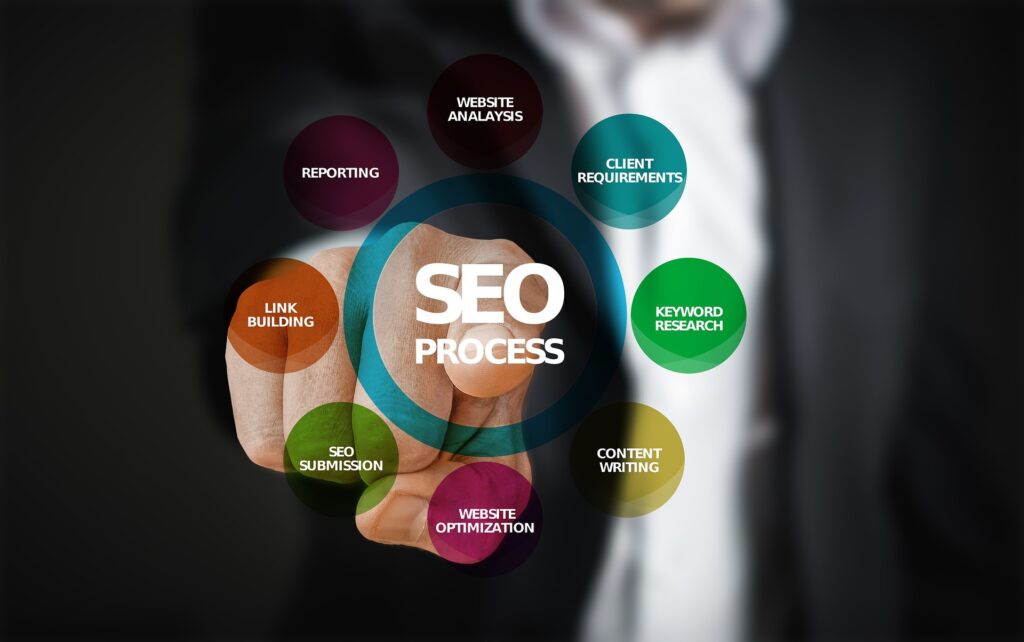Digital Marketing
Boundaries blurred between creativity and analytics to create impactful customer experiences

Artificial intelligence in SEO
Artificial Intelligence and AI impact on SEO
Search engines’ capabilities to understand the intent and give results are improving phenomenally by applying machine learning and unsupervised learning algorithms. They can corroborate context and content together and personalize the results based on location, season, device, and numerous data points. Frequent algorithms are continuously impacting SERPs.
The Discovery platform for the search itself is changing for customers. Per research on customers, Gen-Z is moving to platforms like Facebook and Instagram for search rather than traditional search engines bringing an additional layer of complexity.
SEO requires concentrated efforts as continuous optimization is needed at multiple levels and is a compelling use case for AI. AI has already started impacting most activities with a substantial impact on the performance and ease of doing it right. The most significant effect is on content creation and optimization.
- Opportunity Analysis – AI combines multiple data points to analyze context, content, and various formats. This helps in compiling opportunities to target content creation efforts. Tools like Ahrefs and SEMrush are mining millions of pages, search engine results offering the opportunity to present content ideas, and lost opportunity analysis for practitioners to act decisively.
- Content creation– AI has the maximum impact on this aspect of SEO. Tools like ChatGPT can generate suggestive content in a jiffy. Complete automation is not recommended, as the same AI can identify the content as machine generated. This software can generate a good reference for writers and authors to create SEO-compliant content.
- Content Optimization – AI-enabled tools like Grammarly can quickly help identify the content’s tonality, accuracy, and correctness to help them identify the grammatical mistakes in the writing. Visual search tools like Google Lens can help identify the most dominant keywords associated with the image and help put the Alt Tag attribute to increase accessibility. This can be used to provide an apt title and heading for the image to improve searchability.
